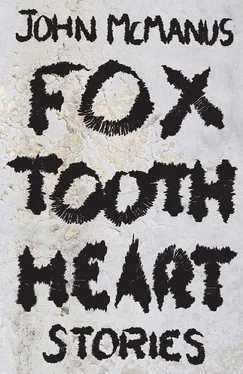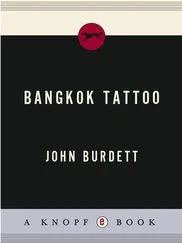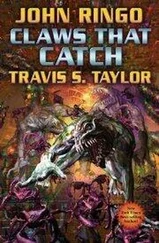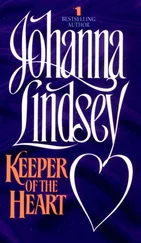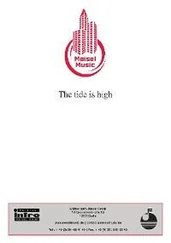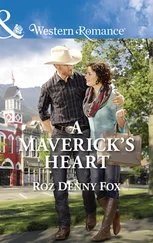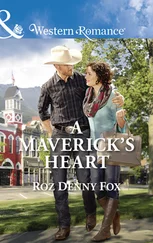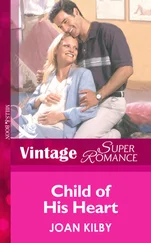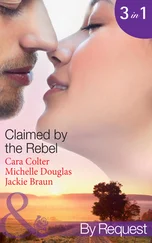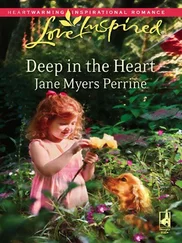They didn’t stop being friends. Hunter just spent more and more time by himself, riding Squaw’s Leap alone at night, racing downhill by moonlight and imagining himself not as a bike champion but as someone girls could enjoy being with. He was toned from riding; Buck had liked him. Thinking the acute empathy that had crippled him in Arizona might work to his advantage, he tried to cultivate a look of innocent serenity so that girls would take him for a Buddhist or an abuse victim. He even got a little turned on to think of himself this way, or at least he did until his mother grew sicker, with abdominal pain that the practitioner blamed on malicious animal magnetism.
It was good he hadn’t gone through with the emancipation, Hunter realized after Emily ran out of money and Joseph stopped coming around. He dropped out of races to stay home with her. He refused interviews that Cody granted. The cult hero prediction was coming to pass; everyone from Bike to local rags in the mountain towns wrote up their adventure. All the publicity seemed to improve Cody’s riding. He placed at the nationals and got sponsored by Trek and Powerade. The following month he called Hunter to say, “My name’s in this issue twice. Yours, once.”
“Congratulations, Cody.”
“Congratulations and. .?”
“I’m happy for you.”
“No, get jealous or something.”
“But I’m not,” said Hunter, wishing it were a lie, wishing he still cared to compete.
“Try not being jealous when my emancipation goes through.”
“I’ll be glad for you if it’s what you want.”
“Fuck you in the pussy, Death Wish.”
There was one thing Hunter did envy of Cody’s: his healthy family. Cody’s parents might live fifty more years. Unless she switched religions, Emily didn’t have much longer. It wasn’t hard to guess what was wrong. Yellow eyes, itchy palms, no appetite. He wanted to shout at her as angrily as he could have screamed at Buck. Tell her she was a moron to give up for nothing; cry out that she was stealing herself from him. Was it because she was a coward about doctors? Or was she only scared that Matter wasn’t Error, and there would be no God, no heaven, no illusion, nothing but herself and Hunter, watching TV in their split-level by the Yosemite Freeway? He wished to berate her until she gave in to his greater will. She nibbled at food he prepared for her. One day near the end, she held his hands and said, “Sorry I’m keeping you from your races,” and he mumbled, “I’m sorry too.” Two seconds hadn’t passed before he was rebuking himself again. Sorry for what? Sacrificing himself? Wishing his way toward this circumstance? He had chosen it; somewhere north of Flagstaff his beliefs had taken a wrong turn and here he was, but she wasn’t paying attention. Her eyes had shut. I’ve been emancipated, he thought, although technically speaking she lived on until he reached the age of majority.
1.
THE NEW LAW, WHICH BARREDregistered offenders from living within one-fifth of a mile from a school, church, or other place where children might congregate, had drawn circles onto the Georgia map in the tens of thousands. In the mountains and cotton country the circles stood alone, but Atlanta’s overlapped in cascades and formed tiny islands shaped like boomerangs, narrowed to inches or confined to commuter lots and the inner lanes of I-75. The nearest viable parcel lay north of Acworth, where the terrain grew steeper and a power cut climbed up a bluff from Lake Allatoona. There, among tents in a hilltop copse, lived five rapists, one attempted rapist, and a man convicted of indecent exposure. All were white. The youngest was twenty-five, the oldest fifty-four. On Mondays a truck delivered water coolers to an office park down Glade Road; Gus, the first settler, would steal a few to hang from trees as showers. He drove a MARTA bus, and Bruce edited at CNN. Jeremy worked at the World of Coke. Patrick clerked at the Flying J station. Travis mopped floors at Boeing. Allen sold cars. As for the exhibitionist, he had been a personal injury lawyer.
2.
Stephen had been a partner at a respectable firm downtown until one morning in 2007 when he brewed coffee in the nude as a school bus stopped outside his townhouse. There were cell-phone photos of him by the wide-open front window, empty coffee pot in hand. One mother claimed that he must have planned it that way: “Don’t you brew coffee in your kitchen? Where the coffee pot plugs in?” Although the judge handed down a suspended sentence, the registry meant eviction from Midtown. When he showed up at camp, the others wondered if he was hiding a worse crime—“Exposure? Lame,” they said — but he didn’t care what monsters thought. He spent days in his new office and evenings in his tent, reading. He did nothing else. In October he read the last three volumes of Proust; in November, much of Thomas Hardy. Thanks to the court-ordered drug tests, he could focus again.
One night after a rain, Bruce, the stout video editor who was always grinning, stuck his head into Stephen’s tent and said, “Which ones you done with?”
“Which European modernists?”
“For the fire,” Bruce said, climbing through the half-open zipper to kneel by a stack of tomes. “ The Magic Mountain. The Man Without Qualities .”
“Touch one and I’ll shoot you.”
“How can you not have qualities?” Bruce continued down the row. “ The Naked and the Dead . That’s your memoir, I guess. Who’s the dead?”
From his legal briefcase Stephen pulled out the S&W Model 625 he’d carried since law school without ever firing. “No trespassing.”
“Felons can’t own firearms.”
He aimed the revolver. “Planning to go tell?”
“Fine, keep your books, crazy. Guess there won’t be a fire.”
“I guess not.” If he’d never hit it off with his neighbors at the townhouse, he wouldn’t make friends here. The camp wasn’t permanent, not for Stephen. Once things died down, he would get his name expunged. Meanwhile he kept his distance, worked long hours in his new office in the strip mall, dined alone in bars, read himself to sleep, until the night the temperature fell to fifteen.
He lay alone shivering for hours before Gus, the bucktoothed, scrawny driver, called, “We know you’re up.”
Wrapped in his sleeping bag, Stephen walked out and took a seat at the fire. Bruce passed the vodka. Stephen drank and listened to a debate about Michael Vick, the quarterback charged with running a dog-fighting ring.
“Asshole should rot in jail and never play,” Gus said, staring at the glowing end of the branch he held. “This was our year.”
“Naw, Falcons don’t got a year,” Bruce said.
“Law should keep him a fifth-mile from vets and pet stores.”
“In college,” said Allen, the salesman, “I intercepted his touchdown pass.”
“Could you get him free?” asked Jeremy, a blond kid cute enough that Stephen sometimes forgot to ignore him along with the others.
“I couldn’t get myself free,” Stephen said, glad for the excuse to stare. It wasn’t just that Jeremy was cute; he seemed a reasonable human being. There were three tiers: the ones like him and Jeremy who’d been criminally maligned; the ones like Patrick who belonged in the camp; and the rest, who should never have been paroled.
“So you defended yourself?”
“Not the best idea,” Stephen admitted. The other partners had been shunning him by then. “Judge disliked me.”
“Vick’s judge hates Vick,” Jeremy said. His blond beard stubble glowed in the firelight, tempting Stephen to touch it. “You eat meat?”
“Cooking some?” He wondered if they were progressing toward something.
Читать дальше
